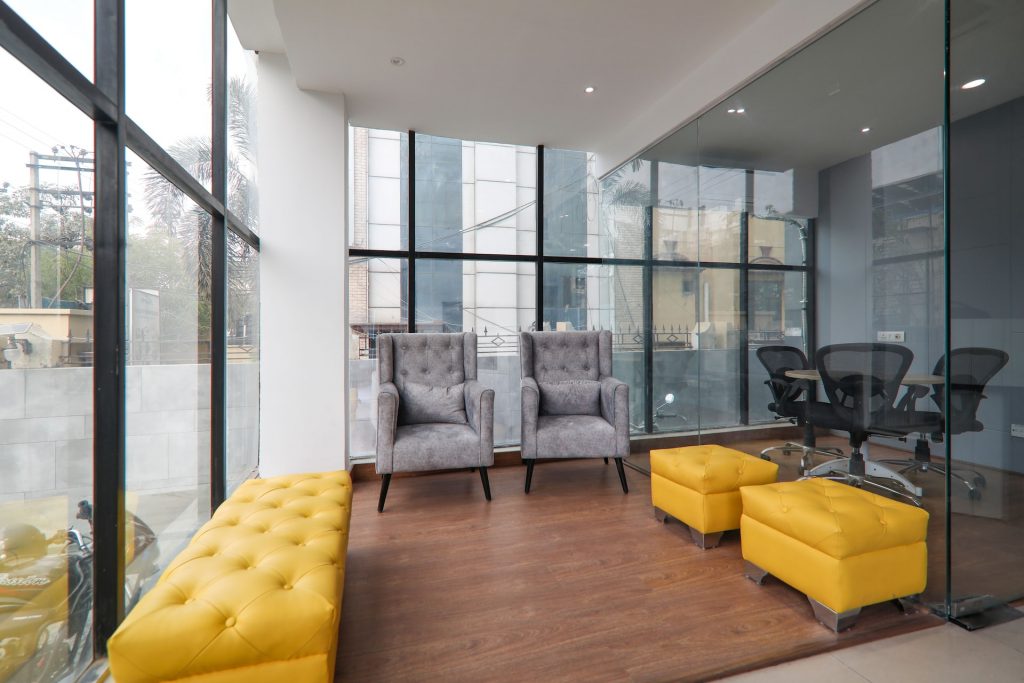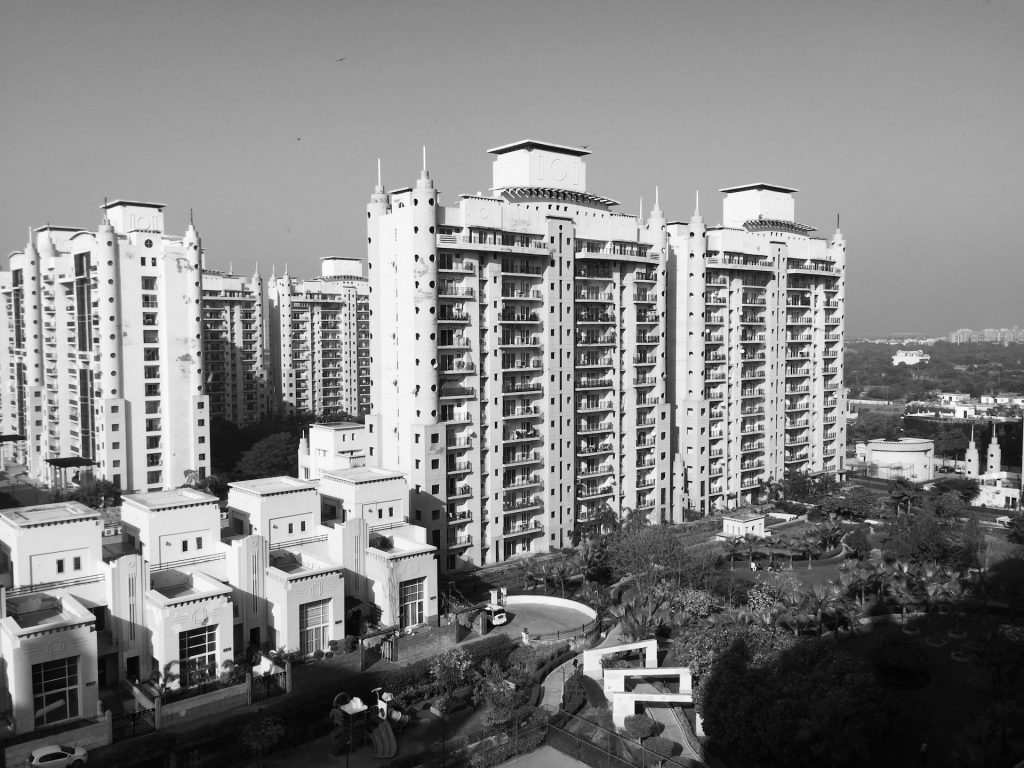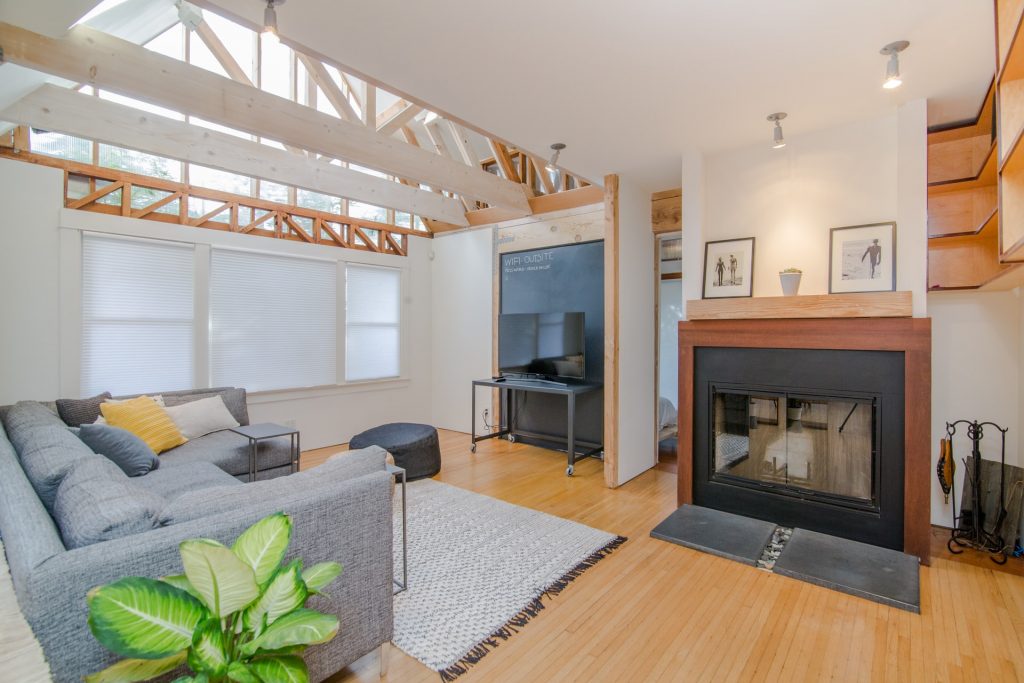When it comes to a lease agreement in India, there are some general clauses in a contract to a lease or a lease deed. These provisions are commonly connected to the term of the lease, right to renew the lease, rent-free period, payment of the lease rent, security deposit, covenants of the parties, termination & penalties of termination of the lease, indemnity provisions, force majeure events, and several other miscellaneous clauses.

What is the Fit-Out Period?
The fit-out period in real estate India is essentially a rent-free period that is mutually approved by both the relevant parties in which the lessee is not liable to pay the rent and the time span is used to facilitate the lessee to set up important equipment for them to use the property for the intended reason. The fit-out period in India is generally agreed upon by the parries and may span from 3 months to 1 year, contingent upon the requirements of both the lessee and the lessor.
The fitout period might be lengthened if both parties determine it to be necessary. Similarly, the maximum time duration for extension of the fitout period for office space in Mumbai would probably be agreed upon by the concerned parties.
When it comes to commercial spaces, fit-out plays a significant role as the lessor/developer is needed to improve upon the basic structure and hand the same over to the lessee for them to begin fit-outs. Both parties might decide that upon the termination of the lease, the fit-out may be eliminated by both the lessee and the lessor.
Advantages of Fit-Out Period
Saves Time & Money
Your firm will gain a lot in terms of time when shifting into a building that had a fit-out completed. You will not have to worry about any delay while finishing your own fit-out, thereby letting your business get started immediately. You will also be able to save a lot of money as the fit-out will enable you to not pay for the office fit-out yourself. That can be a pricey procedure.
Flexible Lease
A lease for commercial space which has the fit-out already conducted by the landlord can imply a more flexible lease for the tenant. For example, a lease duration of 1-3 years is not considered to be unusual for a space that already had the fit-out completed. If the lessee leases an empty space and then finishes the fitout themselves, it’s rare that the lease period would be lesser than 3 years.
In a nutshell, a fit-out period can benefit tenants looking for office space in the commercial real estate market in India.
CRE Matrix is a leading real estate data analytics firm India that allows you access to crucial leasing data of a number of companies across industries. It lets you view the fit-out period, rent-free period, and security deposit details of many firms that can give you an idea about the market condition.
For more such exciting analysis and details on real estate, visit CRE Matrix.










